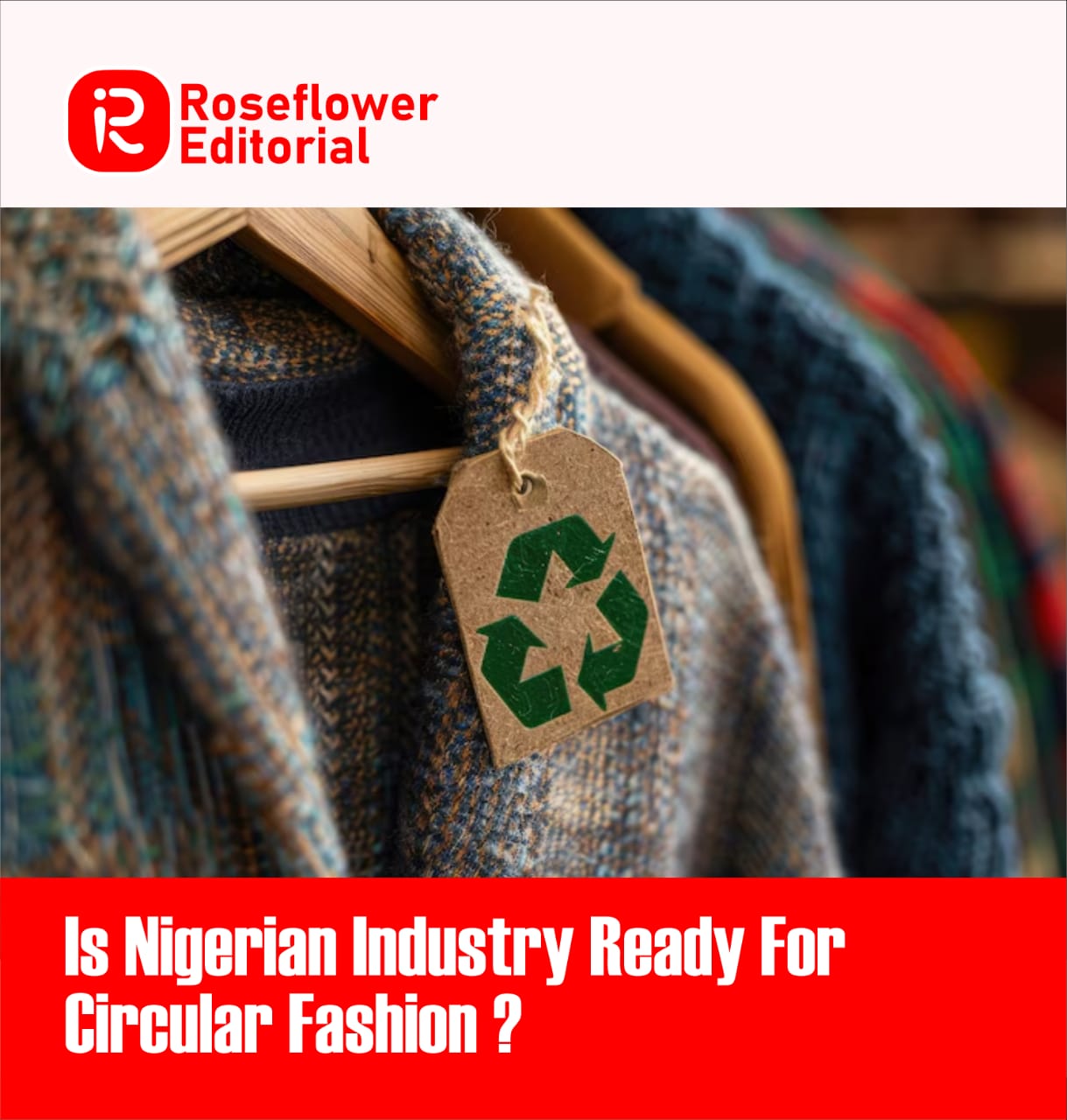
Circular fashion represents a paradigm shift towards sustainability in the global fashion domain. Unlike the traditional linear model of “take, make, dispose,” circular fashion aims to optimise resource use, minimise waste, and prolong garment lifecycles through reuse and recycling. As this movement gains traction worldwide, a pertinent question emerges: Is Nigeria prepared to embrace and excel in the realm of circular fashion? I am tempted to ask this in Nigerian pidgin: “Nigeria fit embrace and shine for circular fashion?”
The Worth of Nigeria Fashion Industry
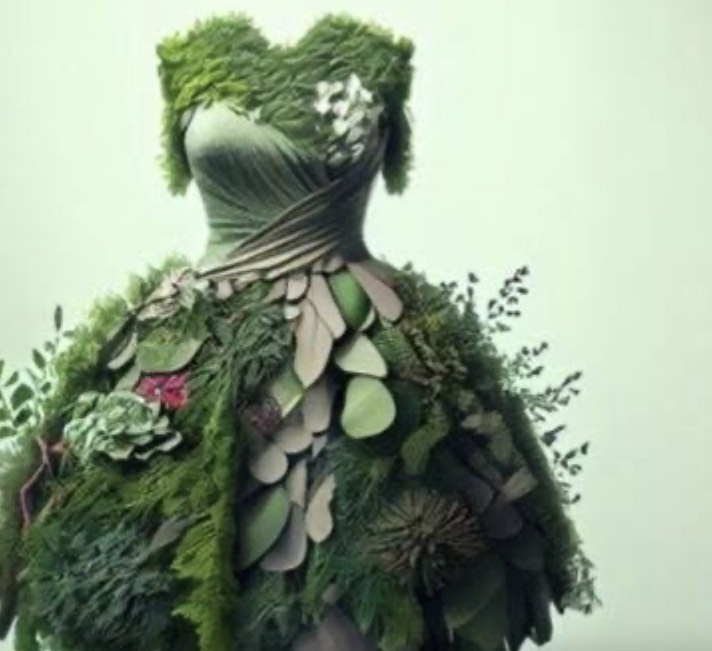
Nigeria’s fashion sector is valued at approximately $4.7 billion, boasting an annual growth rate of about 5.5%. Esteemed designers such as Deola Sagoe and Lisa Folawiyo seamlessly blend Nigeria’s rich cultural heritage with contemporary global trends, captivating a diverse audience. Yet, the industry faces a critical juncture, balancing traditional craftsmanship with the pressing need for sustainability. While pioneers like Nkwo Onwuka champion sustainability with innovations such as the ‘Dakara fabric’ made from textile waste, such initiatives remain sporadic.
The Challenges of Nigeria Fashion Industry
The road to circular fashion in Nigeria is fraught with challenges. Infrastructure deficiencies, including inadequate recycling facilities and limited access to sustainable materials, pose significant obstacles. Moreover, the financial burden of sustainable production dissuades many small and medium-sized enterprises (SMEs) from fully committing to eco-friendly practices. Consumer awareness of sustainable fashion remains modest, with cost often trumping environmental considerations in purchasing decisions.
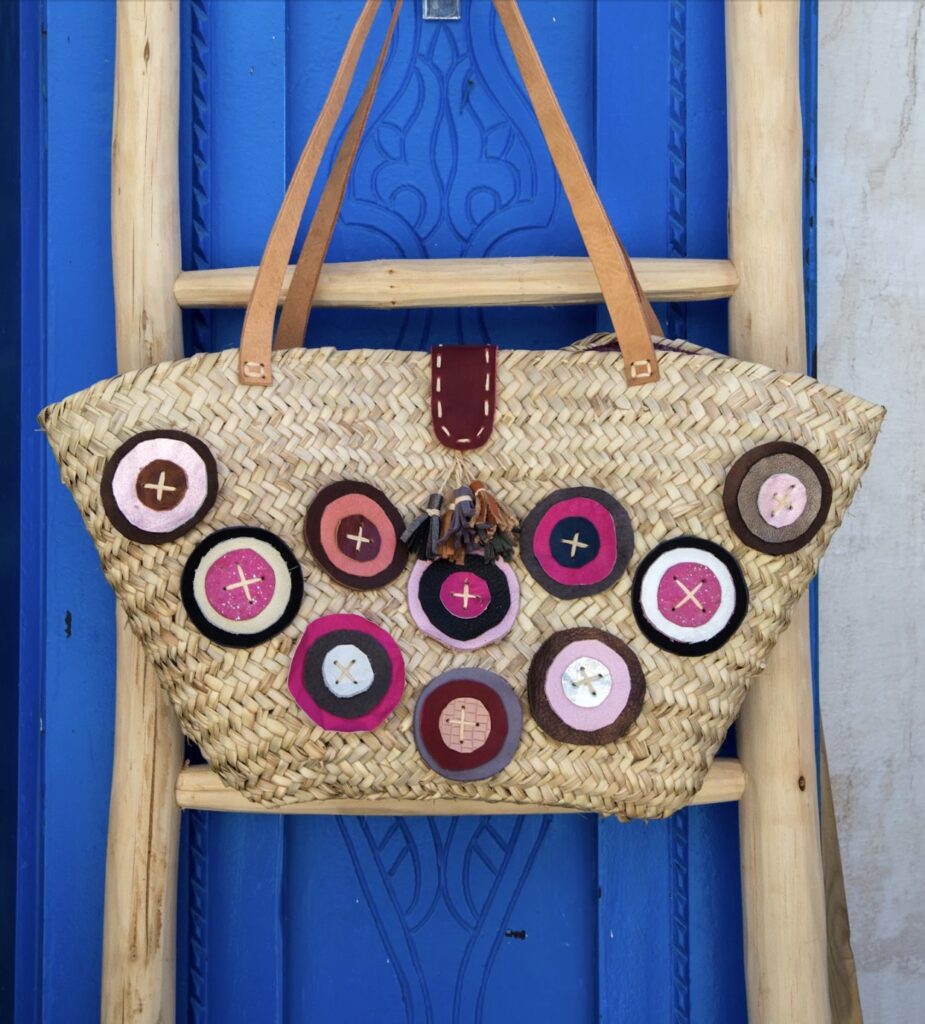
However, amidst these challenges lie opportunities for transformative growth and collaborative innovation. Government policies incentivising sustainability and local production could catalyse widespread adoption of circular fashion principles. Educational campaigns that raise awareness about the environmental benefits of sustainable fashion are pivotal in shifting consumer mindsets towards more conscious consumption.
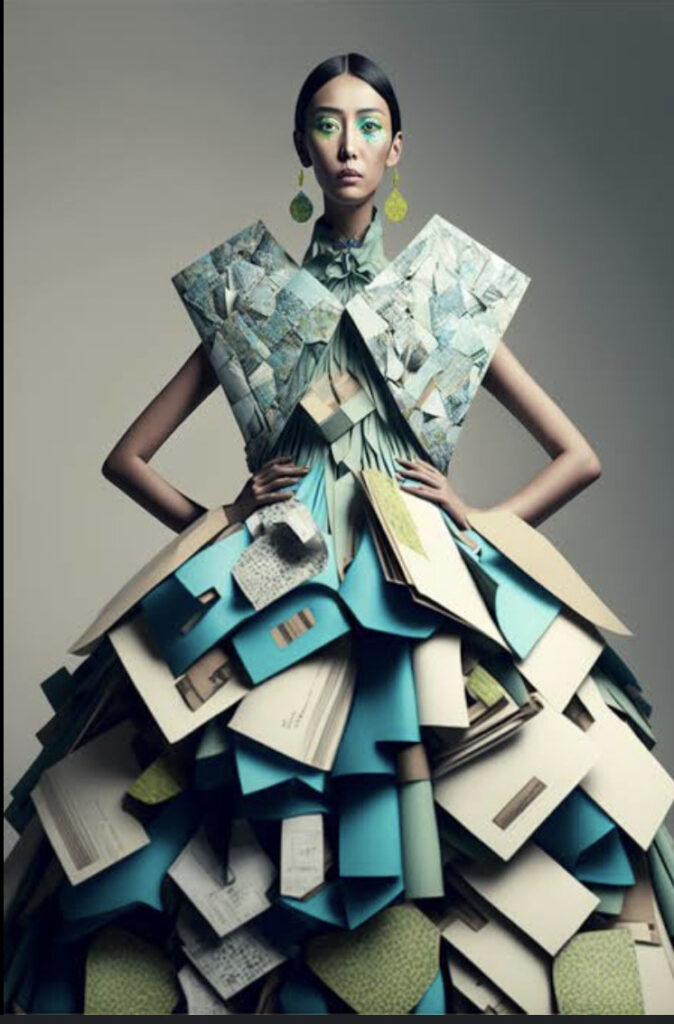
Interestingly, local success stories underscore the potential for circular fashion to flourish in Nigeria. Designers like Ejiro Amos Tafiri and Maki Oh exemplify sustainable practices by incorporating locally sourced, eco-friendly materials and indigenous craftsmanship. Globally, brands such as H&M and Mud Jeans set benchmarks for circularity with initiatives like garment recycling and lease-a-jeans programs, offering inspiring models for Nigerian counterparts.
Moreover, as Nigerian fashion strides towards a sustainable future, the words of Stella McCartney resonate: “We need to give the customer what they need, not just what they want.” This philosophy underscores the shift towards sustainable fashion, where consumer demand for eco-conscious choices can drive industry transformation. Similarly, the insights of environmental, social, and governance (ESG) leaders like Livia Firth, founder of Eco-Age, emphasise the urgency of adopting circular practices: “We can’t just consume our way to a more sustainable world.”
The Way Forward for Nigeria Fashion Industry
Looking forward, Nigeria holds immense promise in reshaping its fashion narrative through circularity. By investing in essential infrastructure, fostering a supportive policy environment, and cultivating a culture of sustainability through education and collaboration, Nigeria can lead the charge towards a more resilient and responsible fashion industry.
As we round off, we should understand that despite persistent challenges, Nigeria stands at the threshold of a sustainable fashion revolution. By addressing infrastructure gaps, overcoming economic barriers, and empowering consumers with knowledge, Nigeria can chart a path towards sustainable growth and global leadership in circular fashion.
Are you ready to join Rhoda in envisioning a future where Nigerian fashion sets new standards of sustainability and style?
#Fashion #CircularFashion #FashionTrends #BlogPost #RoseflowerEditorial #RhodaErhabor
*********************************************************************************************************
Thank you for reading our articles. We trust you found it both insightful and impactful. We welcome your feedback, so please share your thoughts in the comments. For more impactful writing on fashion , we invite you to subscribe to our website. Additionally, follow us on social media to stay updated with our latest content and offerings. At Roseflower Editorial, we’re committed to “Adding Finesse to Your Write-Up.”
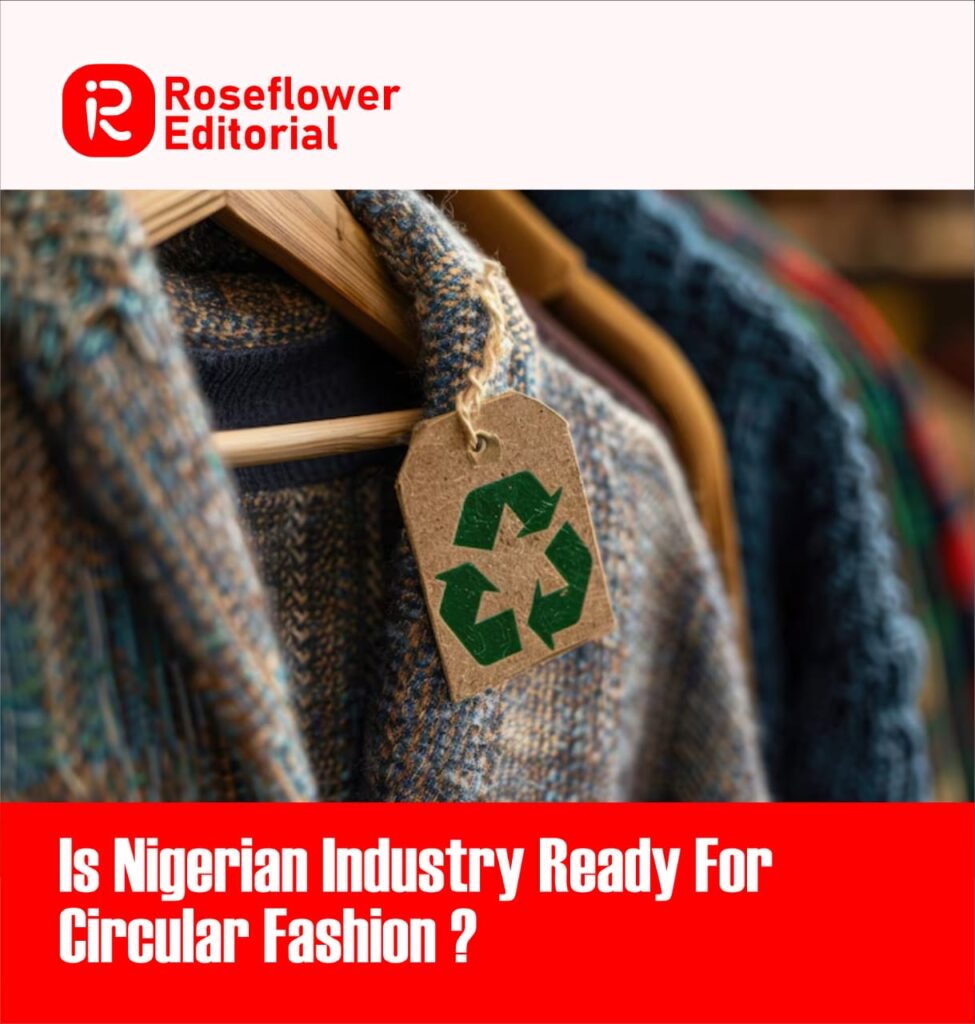

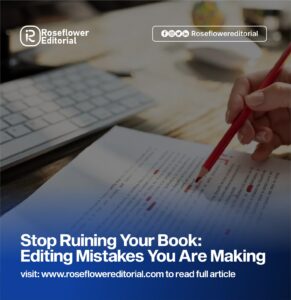




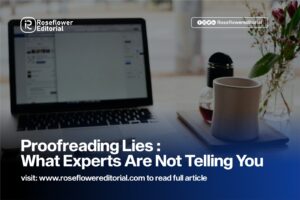




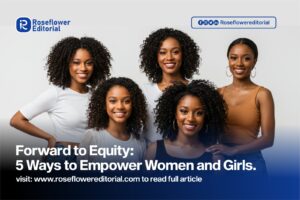
21 Responses
Wow! Your site is beautiful and amazing and I will always keep working with you dear.
Thank you, Taiwo.
The website was designed with love by Kriz Luxe.
I have read this article a thousand times, literally.
A thousand times?
Thank you!
What a beautiful write up in circular fashion.
I’m not sure Nigeria Fashion Industry is ready.
Wow!
We appreciate your comments and we hope that you stick around the more.
This article is detailed and resourceful.
Thank you, Bola.
We can really achieve alot with Circular fashion!
Thank you so much, Seye.
We appreciate your feedback and we hope that you stay in touch for more fashion oriented articles.
Looking forward, Nigeria holds immense promise in reshaping its fashion narrative through circularity.
Thank you.
The road to circular fashion in Nigeria is fraught with challenges. Infrastructure deficiencies, including inadequate recycling facilities and limited access to sustainable materials, pose significant obstacles. What do we do?
There is no field that does not experience challenges. With the rapid growth of Nigeria Fashion creatives, handling challenge sand receiving support form the government should not be Greek.
The road to circular fashion is open wide. I hope our Nigerian Creatives can thrive through.
I have full trust on Nigerian fashion creatives.
Thank you Rhoda for this article. I didn’t know anything like Circular Fashion existed. I only know of circular fashion.
Yes, there is a term called ‘Circular Fashion’. Thank you for sharing your sincere remarks,
How you write so intentionally and strategically is what I admire in you.
Awn!
Thank you,Edet..